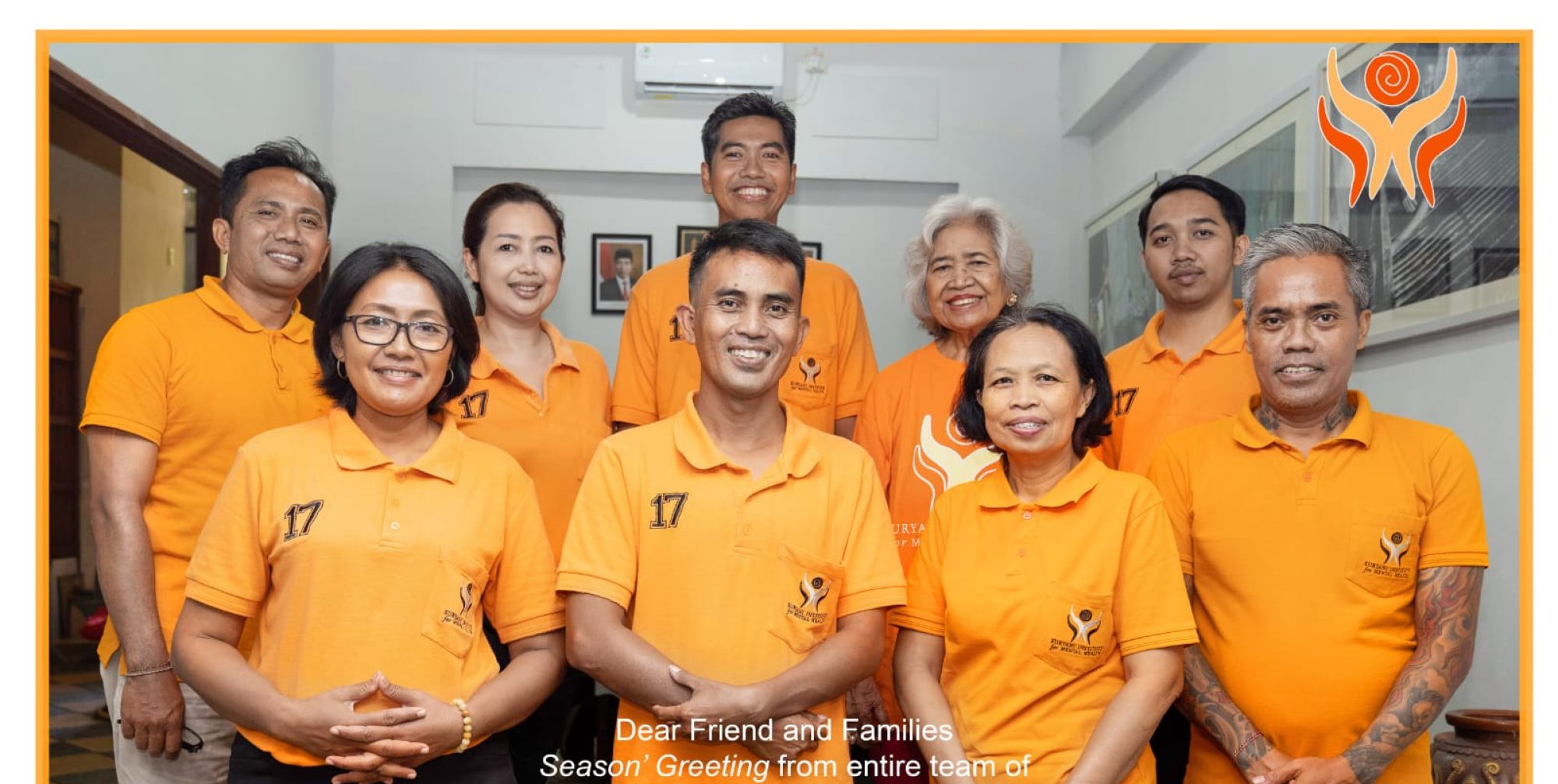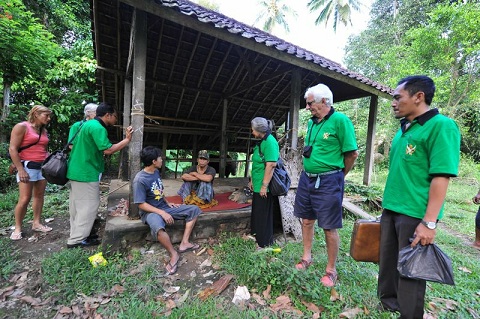The mentally ill in Bali continue to be ignored, mistreated and abused. It has been estimated that over 7,000 people in Bali suffer from serious chronic mental illnesses, the majority of whom will never receive any treatment. It is likely that the true numbers will be much higher. For this reason, the community of Western Australia sent their volunteer to see the reality behind the story. There were four volunteer sent to Bali namely, Karen Urguhart, Julie Quicke, Peter Cornish, and Jeannig Cornish. “Seeing is beleiving”, said Peter as the oldest member of the volunteer.
“I felt like creating a new tourist destination in Bali’, said Professor Luh Ketut Suryani dispite her sadness seeing the reality of her government doesn’t want to continue support her work in community. Her approach to mental health, which is community-based using a biopsychosociocultural (i.e. holistic) model is applied to this devastating condition. This means that mental health services are provided in normal community settings close to the population served. The symbols, values, and traditions of the community become grist for the mill in working with patients and families.
“We think the balinese must felt fortunate to have a woman that willing to give most of her life for patients cure”, said Karen as the other volunteer and promise will continues to support Suryani’s miracle work on mental health. The model that Suryani introduced has become a constructive agent of reform to transform the existing Indonesian health care system and gives new hope for a better future to the untreated mentally ill population.


